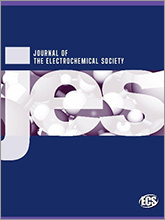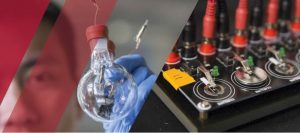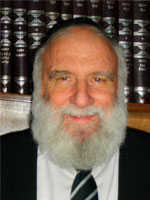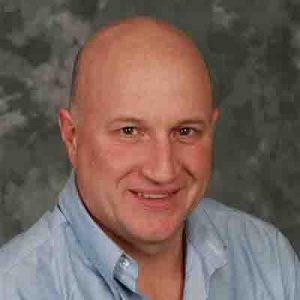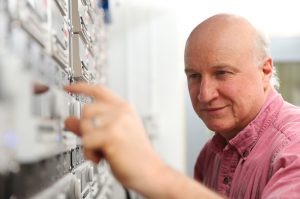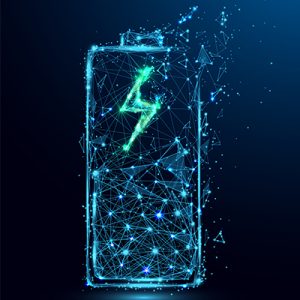StorageX International Symposium
Building Energy Efficiency and Energy Storage
Sponsored by Stanford’s StorageX Initiative
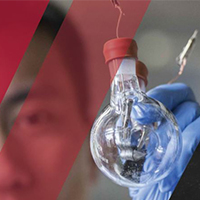
Join Stanford StorageX for an interactive symposium series on the latest advances and breakthrough research in energy storage.
Global experts will cover materials, devices, systems, theory, simulation, and economics across the spectrum of energy storage applications – from electronics and EVs, to backing up the grid and renewables.
The series, hosted by StorageX faculty co-directors Yi Cui and William Chueh, is free and open to the public, registration required.
Dian Grueneich, Alexi Miller & Grace Relf
Friday, May 21, 2021: 7:00-8:45am Pacific Time
(14:00-15:45 GMT) (more…)



